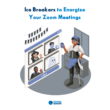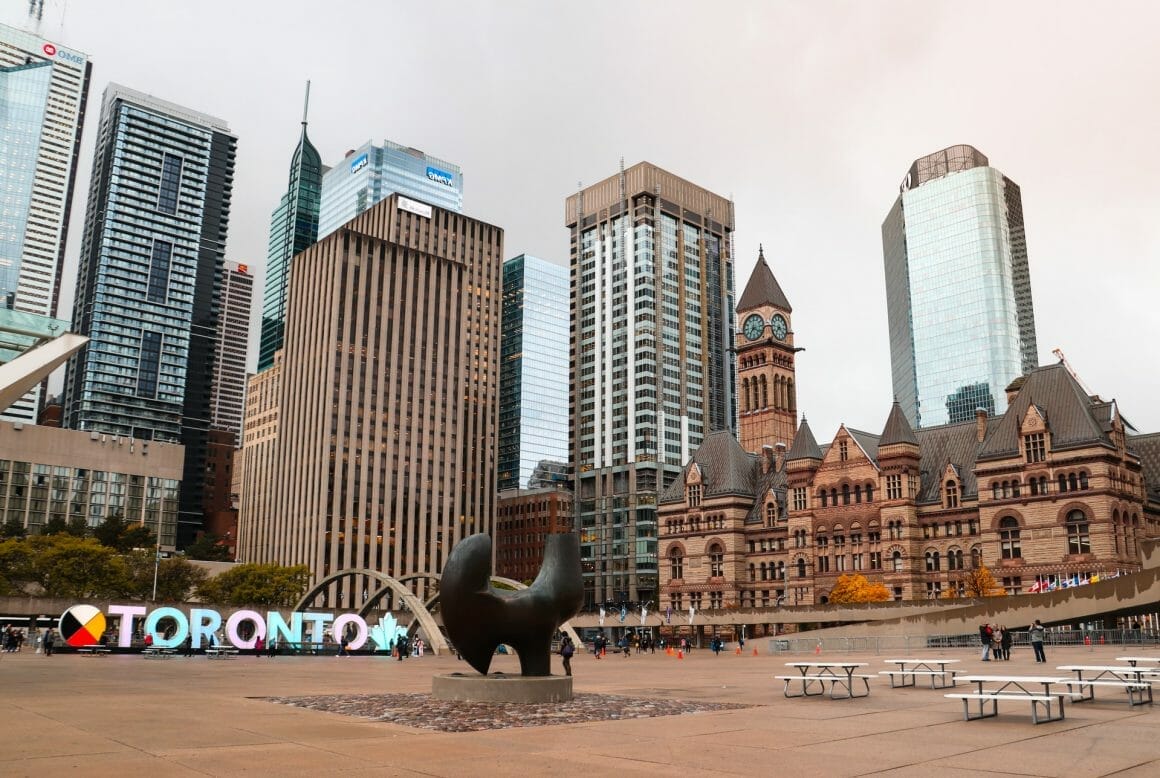The city of Toronto is asking thousands of remote workers to return to offices starting January 4.
Mayor John Tory expressed concern on Tuesday about empty downtown office towers and their influence on the Toronto economy. COVID- He stated that the 19 criteria are such that city employees may safely return to work at least thrice a week.
All city structures, including city hall and other civic centers in the suburbs will reopen, as will payment and inquiry kiosks. In-person meetings will continue, with provisions made for residents who choose to participate remotely.
The statement comes as new COVID infections in the city continue to climb after a long decline, and as health experts worry that the Omicron version of the virus may be more contagious than the now-dominant Delta strain.
Global health specialists are rushing to collect data on this subject, as well as what protection current COVID-19 vaccinations provide against the Omicron version. Tory justified his decision to relocate before learning anything about Omicron.
The approximately 8,750 employees which is almost one-quarter of the city’s enormous workforce had shifted to remote work during the pandemic and are now asked to return to offices. They require advance notice to prepare, he said, adding that the strategy will be changed if health experts warn of any emerging safety concern.
“We had to have a plan and a plan requires a date. At no time would we do anything that is contrary to the best interests of the health of our own employees, but we have a dividend here that is paid by the fact that we have almost 100 per cent of (city staff) vaccinated.”John Tory, Mayor
Chris Murray, the city manager, stated that effort is being done to maintain virus precautions at city workplaces, such as social distancing and availability of sanitizers.
In a statement, Dave Mitchell, president of CUPE Local 79, which represents more than 20,000 of the city’s employees, said that the Jan. 4 deadline “for the city’s new hybrid work program seems ambitious, given the rising COVID cases in Ontario. We expect the city to be responsive to any changes in public health directives.”
The public’s health chief spoke about what this means amidst the omicron car isn’t scare.
“It’s a matter of when, not if. We have a lot of strengths in our favour. That doesn’t mean we should rest on our laurels.”
Dr. Eileen de Villa, public health chief
She urged people to continue with “masking, physical distancing, limiting your interactions to those who are vaccinated and keeping your social circle small where possible.”
Toronto’s strengths include the city’s high inoculation rate — as of Monday morning, 86% of inhabitants aged 12 and above had gotten two doses. One in every ten children aged five to eleven has gotten their first jab just days after becoming eligible.
She believes the city’s decision to return to offices is reasonable, noting that public health authorities and city leaders are in constant talks and can postpone the return date if medical evidence warranted.
Tory’s big announcement, according to Lindsay Broadhead, senior vice-president of the Toronto Region Board of Trade, is a crucial indication that the city center is beginning to emerge from economic wreckage.
Around 67% of the 550,000 workers had worked remotely, wreaking havoc on smaller companies that rely on foot traffic, while Toronto has lost billions of dollars in international business trip expenditures.
Tory said she erred on the side of caution throughout the pandemic, but she now sees the high vaccination rate and other conditions are in place to gently promote recovery of an important zone trailing behind other areas of Ontario.
Subscribe to think remote for the latest news, tips and stories from the remote work world.






